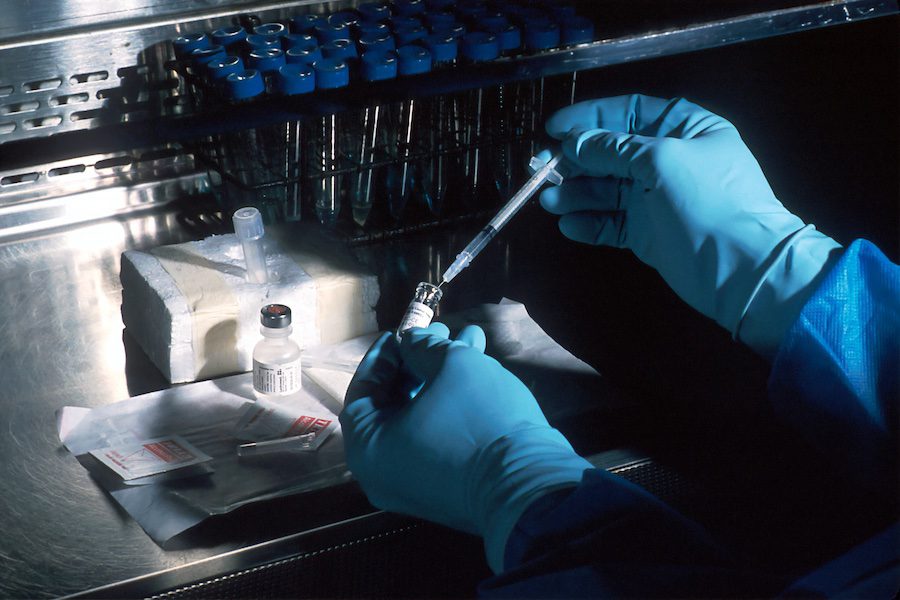A joint study by scientists from Monaco and Singapore showing that more personalised vaccine schedules are possible in the fight against Covid and its variants has been published by The Lancet Microbe.
Vaccinations against the Covid virus are being pushed in every country around the planet as the best way to prevent serious illness and death. Whilst this is surely medically sound advice, it is also true that not every person has the same immune response reaction to the jabs.
As immune responses vary wildly from person to person, better vaccine targeting appears to be a crucial next step for programmes worldwide, particularly with regard to booster shots.
In response to this, Dr Thomas Althaus and Dr Eric Voiglio of Monaco’s Department of Health Action have co-authored a report with a team from the Scientific Centre of Monaco, the Health Action Department, and the Duke Global Health Institute of Singapore and its division specialising in emerging infectious diseases. It is entitled ‘WHO international standard for SARS-CoV-2 antibodies to determine markers of protection’, and it was recently published by respected medical journal The Lancet Microbe.
The study noted the crucial role of neutralising antibodies in the evaluation of vaccine protection, whilst establishing an international measurement scale the World Health Organisation (WHO) approves of.
The results were presented at the Global Virus Network and Monaco international conference, on the diagnosis of Covid-19. They demonstrate the benefit of measuring neutralising antibodies to identify individuals in need of vaccine boosting, but also of shifting the vaccine among those retaining strong immune activity. Little is known about vaccine efficacy and the protection conferred after infection with the virus causing Covid.
Such a measurement of these neutralising antibodies makes it possible to compare the levels of protection, and to inform those responsible for public health policies on the effective duration of vaccine protection.
The published article came out during the two-day Global Virus Network and Monaco Covid-19 Diagnostic Conference: Promises and Challenges event on 3rd December, which looked at the implementation of a cooperative global diagnostic programme using new technologies which detect and fight against burgeoning pandemics, primarily focusing on lower-to-middle income nations.
“The role of the various diagnostic and immunological monitoring tests to guide the vaccine policy were considered, as well as the overall strategy for the biological and genetic management of this type of epidemic,” said Prof. Patrick Rampal, President of the Scientific Center of Monaco (CSM). “The workshop represented a unique opportunity to examine different situations and responses in various countries. This will help to better understand how to deploy the global and collaborative diagnostic arsenal we urgently need.”
Omicron has thrown another curve ball at scientists in the fight against the virus, who are now looking at accurate and fast diagnostic methods as a vital way to contain transmission efficiently, thus saving lives.
President of the Mérieux Foundation, Alain Mérieux, whose aim is to strengthen local abilities in developing countries to reduce the impact of infectious diseases on vulnerable populations, said early diagnosis detection in industrialised countries is important, but more so in developing nations where epidemics often start.
“It is our duty to develop low-cost solutions accessible to all because the response can only be global for pathogens that know no borders,” said Mérieux. “Solutions that must be affordable and technically adapted to the difficult logistical constraints in the field.”
Click here to read the study.
Monaco scientists behind international antibody standards study
